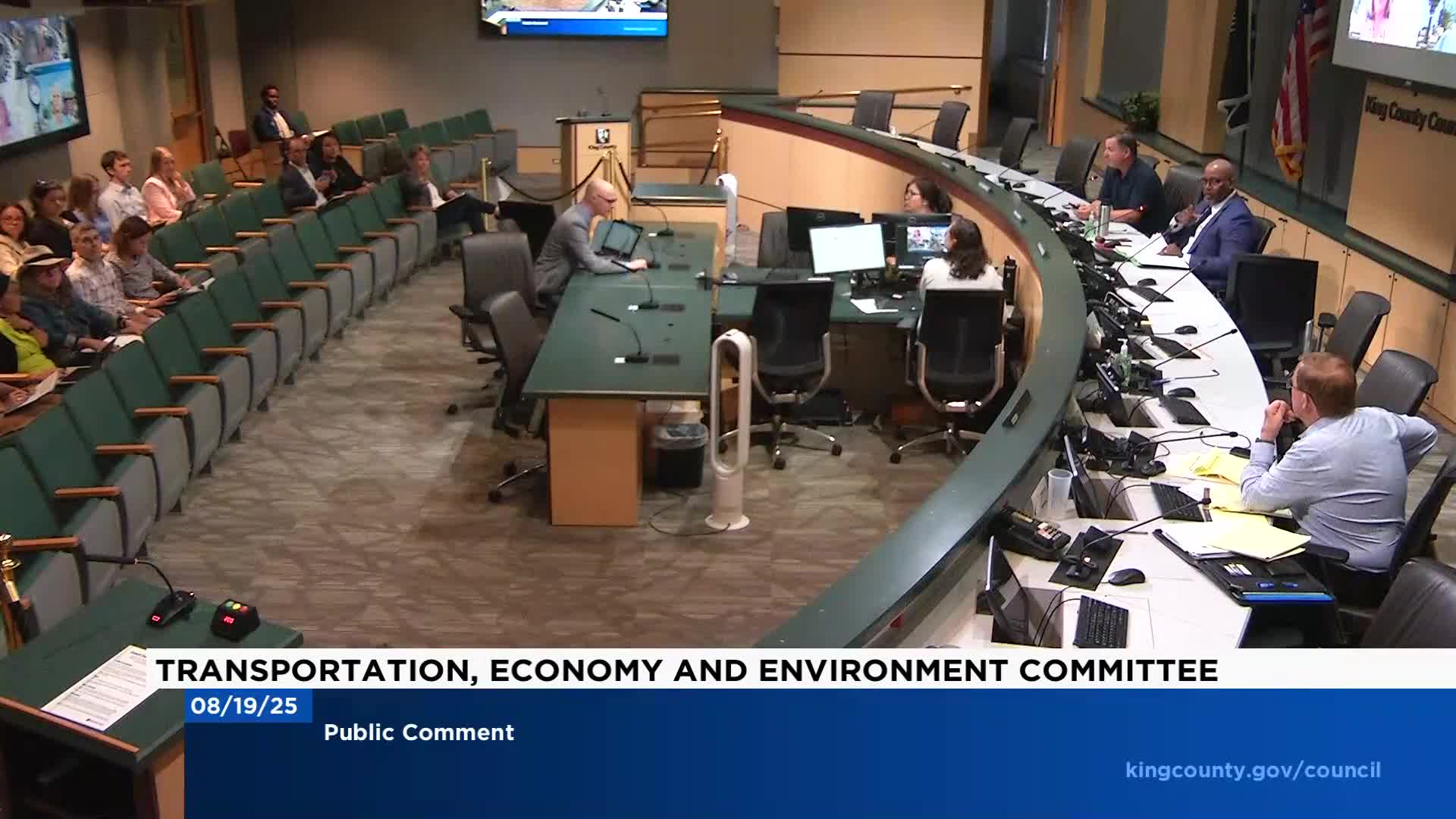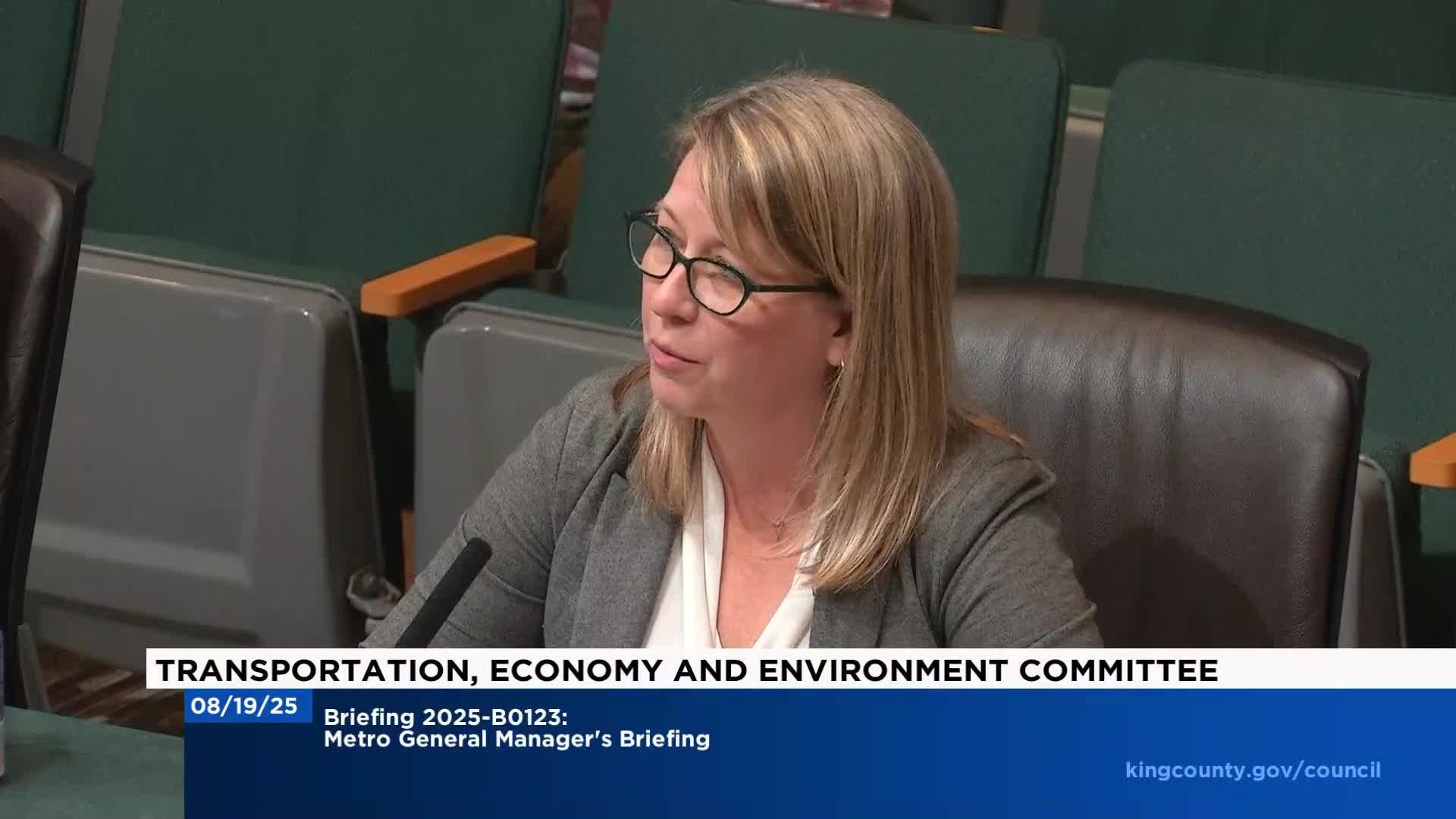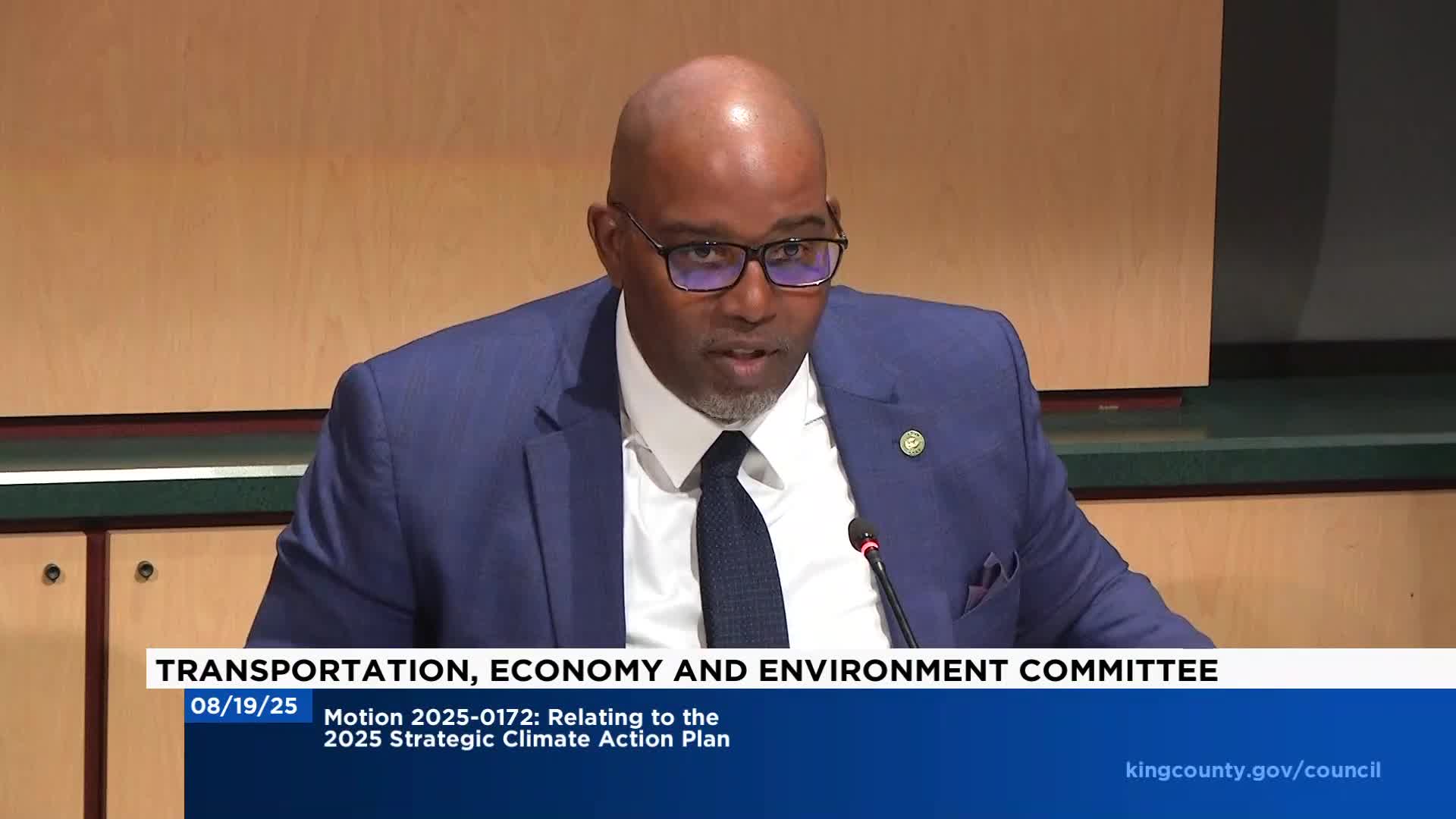Article not found
This article is no longer available. But don't worry—we've gathered other articles that discuss the same topic.

White River Buddhist Temple urges removal from RapidRide I Line condemnation list, council seeks more notice

Metro reports ridership gains and hiring progress; officials highlight reliability and workforce challenges

